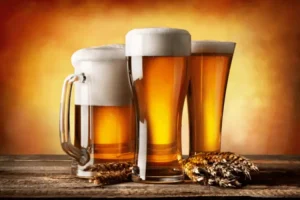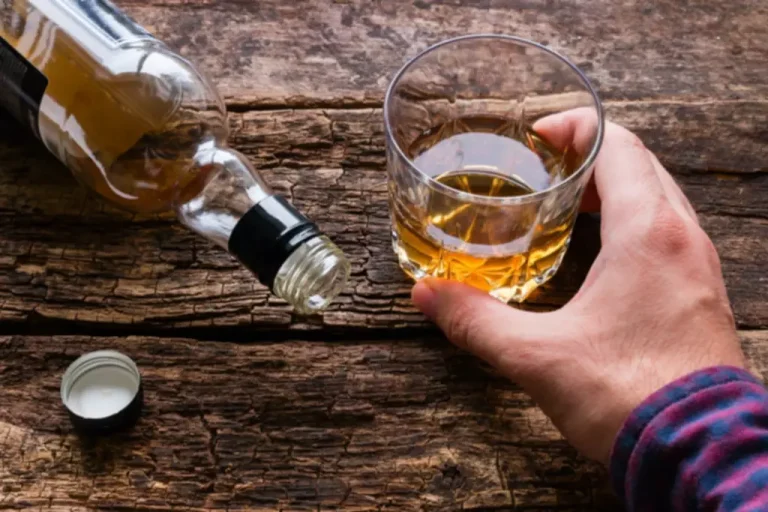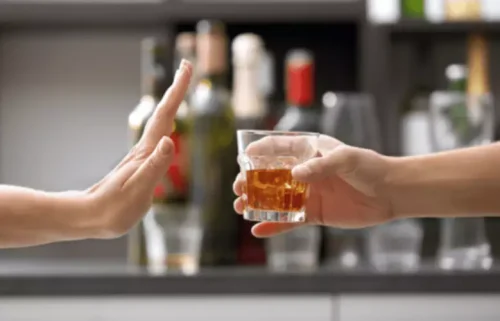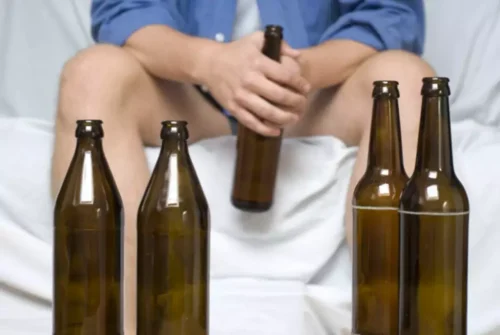
While the exact reasons for this link are not yet fully understood, several factors are believed to contribute to the connection between alcoholism and sugar cravings. There are several reasons people in addiction recovery may develop a preference for sweet foods. Different substances can create various inclinations for sugar, and there is an underlying connection between addictive behaviors and sugar intake.

Understanding the Livers Healing Time

Including a variety of nutrient-dense foods in the diet can help address the potential nutrient deficiencies that may arise from alcohol consumption. Alcohol use disorder can have a significant impact on the body’s nutrient levels, leading to various nutrient deficiencies. While consuming sweets is often recommended to manage alcohol cravings in early recovery, the research is inconclusive on whether it actually reduces cravings or the risk of relapse. It is essential to consider individual experiences and consult healthcare professionals for personalized guidance.
Does sugar neutralize alcohol effects?
- Explore the impact of genetics, environment, and more on substance abuse.
- During years of alcohol misuse, individuals often neglect their physical health, leading to malnourishment and a lack of proper nutrition during recovery.
- Ultimately, this can contribute to high blood sugar levels and increase the risk of developing diabetes.
- These lifestyle choices can help individuals maintain physical and mental health, reduce the risk of relapse, and support overall well-being.
- By addressing these biological factors in the context of addiction treatment and recovery, individuals can work towards breaking the cycle and achieving a healthier lifestyle.
Further research is necessary to fully understand the intricate neurobiological pathways involved. Endorphins, the body’s natural opioids, also play a role in sugar cravings. This suggests that sugar can elicit addictive-like behaviors by engaging the brain’s opioid pathways. Ultimately, https://ecosoberhouse.com/ the journey to quit alcohol may be winded with sweet temptations along the way. Thus, understanding your cravings, tracing their root cause, and arming yourself with effective coping methods could turn this seemingly rocky journey into a smoother path towards recovery.
How Alcohol Consumption Affects Sugar Cravings

Another interesting fact found in another study by Colditz et al. (1991) is that consumption of sweets may possibly suppress alcohol intake. This study showed a negative correlation between sugar intake and alcohol consumption. It is known that high carbohydrate consumption may actually create an effect of enhanced serotonin synthesis, which in turn can suppress alcohol intake. However, the same was found to be true with non-carbohydrate substitutes, which have also been shown to suppress voluntary alcohol intake. It may have something to do with the way that sweets stimulate the endogenous opioid system, causing the brain to feel satisfied.
- Overall, it’s clear that sugar cravings among recovering alcoholics can be influenced by both physical and emotional factors.
- Unravel the proper detox definition, debunk myths, and explore natural detoxification for better health.
- Over three-quarters of people in recovery experience sugar cravings after quitting drinking.
- In conclusion, while sugar cravings are common in alcohol recovery, they can be effectively managed with professional support and nutritional strategies.
Graduate School of Addiction Studies

However, it’s important to note that while sugar may provide temporary relief, excessive consumption can lead to health problems and potentially trigger relapse. Sugar cravings can replace alcohol cravings, potentially leading do alcoholics crave sugar to a sugar addiction. Sugar stimulates the pleasure center in the brain in a similar way as alcohol and drugs, impacting the same brain region and creating a rewarding feeling comparable to drugs such as cocaine.